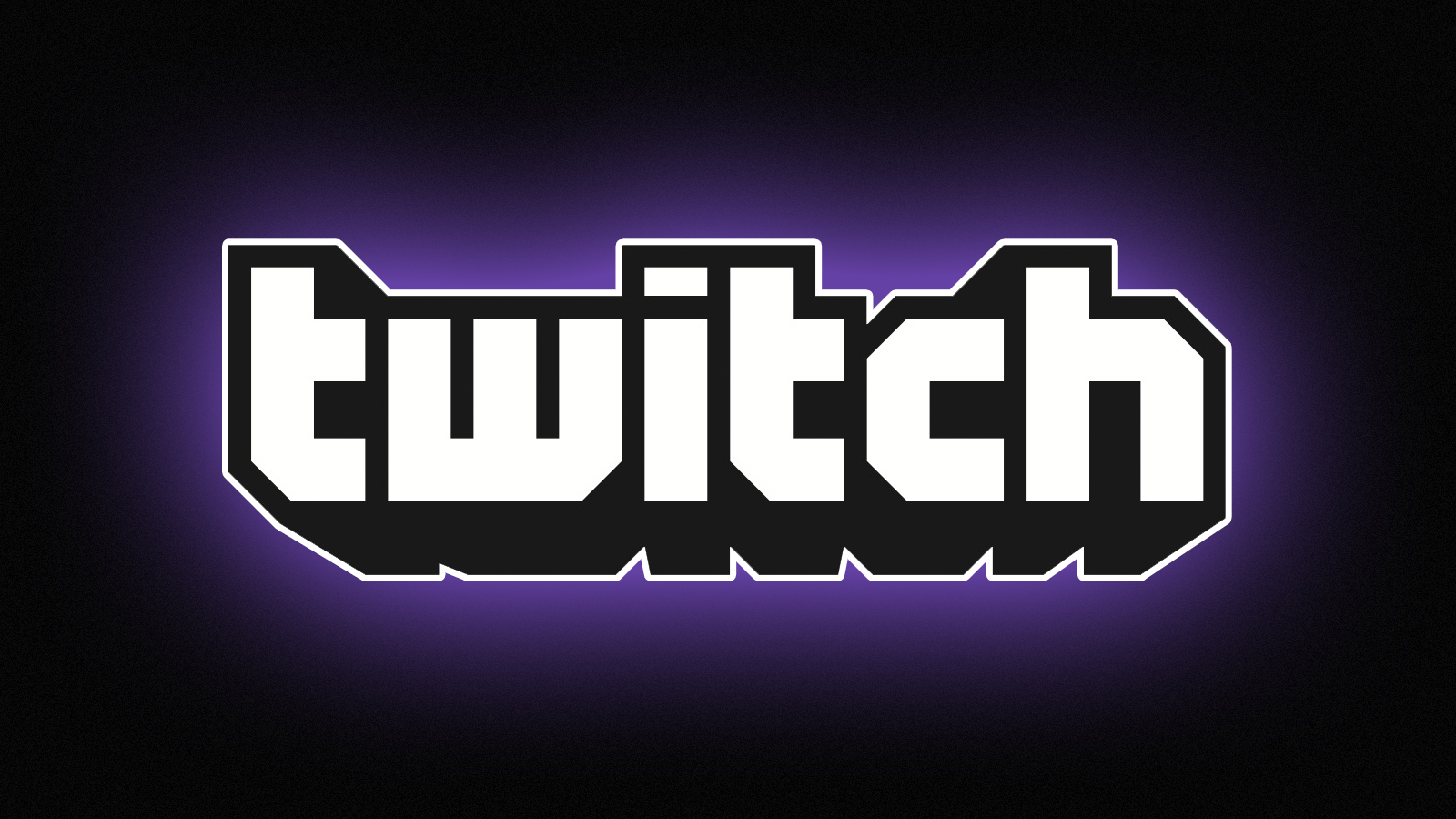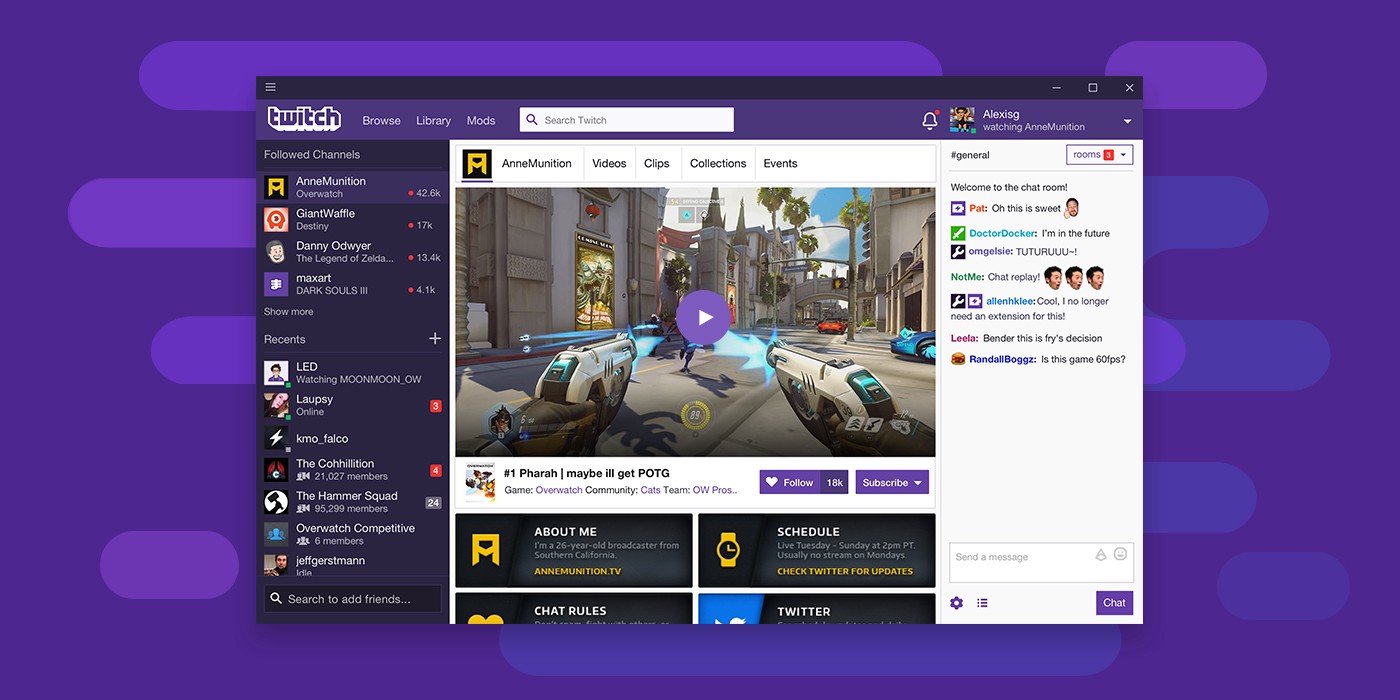In this day and age, most of us are all too familiar with trolls. They lie in wait, pounce at the earliest opportunity, and attempt to cause maximum turmoil to victims. However, the majority of the time, the worst we’ve ever gotten from a troll is a headache.
This isn’t the case for most Twitch streamers and YouTubers, though. Most of the time, trolls manage to actually do some financial damage, however minor, to streamers. First, a little bit of context about exactly how streamers try to make a living through gaming. Twitch streamers and YouTubers normally make a living from four different sources.
The first of these is a sponsorship deal, which typically only the most popular streamers manage to get. Second comes paid subscriptions. Third, we have donations. And finally, there’s advertising, which is incredibly difficult to come by.
While you still need some sort of a following for most of these options, they at least create some income — or the promise of income — for streamers, even part-timers. Donations, though, are typically where less popular streamers make the bulk of their gaming income, should they not have access to sponsorship deals.
As for subscriptions, they’re not the easiest things to get. Becoming a Twitch Partner is no easy task. As a prerequisite, the streamer must have an average concurrent viewership of 500+ people and broadcast at least three times per week. That’s a massive hurdle. A random sample showed that only 34 out of the 900+ League of Legends broadcasts pulled over 500 concurrent viewers.
Out of those 34, only half were seeing over 1,000 concurrent viewers, which has a direct impact on the amount streamers can make from showing advertisements. (There’s also the fact that streamers have to split the $5 monthly subscription fee with Twitch. Most reports put this split as $3/$2 in favor of the streamer.)
And this is where the trolls come into play. Normally, they attempt to cause disruption via sexist, racist, or homophobic remarks, but some take it to an entirely new level. These days, the dedicated troll donates money to a Twitch streamer — normally between $50 and $100, though amounts vary — only to then dispute the charge not long after it’s processed.
This would seem to be a relatively minor annoyance; they get back their money, and the Twitch streamer doesn’t notice too much, possibly only getting mildly annoyed that they didn’t get the money they thought they would.
Except there’s a little bit more to it than that. You see, most Twitch streamers and YouTubers process their donations through PayPal, and this is where some of the problem lies. When this money is refunded — called a chargeback — Twitch streamers have to pay a processing fee, which can end up having a sizable effect on their balance.
Essentially, chargebacks are requests for credit card companies to refund money given to someone through an apparently fraudulent transaction. Over the last few years, streamers, whose livings are often built on PayPal transactions, have become increasingly frustrated as trolls or viewers weaponize chargebacks against them.
This is possible because PayPal wants to protect users from fraud. So, for example, someone could donate a large sum with a stolen credit card. That card’s true owner has the power to contest the charge if they can prove that something dirty went down. PayPal currently doesn’t have much to say about chargebacks, although their website states:
“A chargeback happens when a buyer asks their credit card issuer to reverse a transaction that has already cleared. This can mean that a payment you’ve received in your PayPal account could be reversed, even if you’ve already posted the goods — which can of course be frustrating.”
But if they can’t prove fraudulence, the charge will go through. Over the last few weeks, a number of these disputes have hit the headlines. Take the case of professional streamer Desmond Etika Amofah, for example. Not too long ago, he released a video about trolls and their chargebacks. Mr. Amofah notes in his video that these fees have a rather negative effect on Twitch streamers. In Mr. Amofah’s words:
“For content creators like myself and many others who suffer from a problem like this, it also f**** up our lives since everything I do is through PayPal.”
Throughout the video, he repeatedly demonstrates how exactly this could affect his short term, as well as long term, income. In the (NSFW) video, which you can see below, Mr. Amofah added:
“When you’re a smaller channel and you have that problem, and you don’t have it as good as I do. . . PayPal freezes your account. Not only that, but they can actually relinquish the funds for the chargeback and the chargeback fees and anything extra they want to tack on from any bank account, credit card or debit card linked to your PayPal.”
The video came as he had to pay out over $100 in chargeback fees because of a single troll making donations and then disputing them. Then there’s the case of Kaceytron, another big streamer, who gets about a half dozen chargebacks each month, often after small donations. In 2013, when she started streaming, she sometimes received donations up to $1,000 that were subsequently charged back.
At the time, PayPal froze her account after she received a number of donations from trolls that the company decided to investigate. After this, her PayPal account was left relatively unscathed. However, for those couple of weeks, Kaceytron felt a major financial impact. As she said not long after:
“That was two to three weeks I didn’t get donations at all. That sucked and affected me pretty bad.”
Sometimes, though, chargebacks and donations can reach a massive level. Take the case of iNexus_Ninja, real name Anthony Archer. Not too long ago, he tried to use this technique to take back $10,000 in donations to Twitch streamer Chance Morris, otherwise known as Sodapoppin. However, the prank was prevented when PayPal denied the chargeback request and allowed Sodapoppin to keep the cash.
Had the chargeback actually worked, Sodapoppin’s processing fees would’ve been massive. (Some articles mistakenly said this was $50,000. Mr. Archer has made over $50,00 in donations to streamers but has only disputed this $10,000 donation.) Mr. Archer then tried to justify his actions, telling the Daily Dot:
“A few people, not saying names, told me he was already rich and did not need the money. He has a house in his name, very wealthy. So I decided to try charge him back as he didn’t really need it.”
Mr. Archer has said that the chargeback attempt on Sodapoppin was the only time he tried to get his money back; his other donations weren’t retracted and no chargeback was filed.
To date, Twitch has seemed not to care about these PayPal donation abuses. Or at least, they just haven’t done anything about it. Hell, they’ve barely even said anything about it. However, speaking to Kotaku, a representative for the company said that they were just unable to do anything about it. They further said that they wouldn’t comment specifically on PayPal’s policies. However, they did add that they were currently working on in-app monetization tools, which should help Twitch streamers fight against these kinds of abuses.
Mr. Amofah, the streamer who lashed out against these types of trolls, may have found a silver lining, though. He told Kotaku that, after hours on the phone with PayPal, he helped them understand how chargebacks affect his ability to make a living. However, that may not be the case for all streamers. As Mr. Amofah told Kotaku about the situation:
“As painful as it sounds, streamers suffering from this chargeback issue have to put themselves through the wringer, and hound PayPal until their voices are heard. Big or small, it makes no difference, and it’s unfortunate that that’s the only option we have.”
At the moment, it seems as if streamers and YouTubers are just going to have to take the brunt of these chargeback fees. Either that, or fight every single troll that happens to come along, which may not work out well in the long run. After all, a reaction — especially some form of emotional reaction — is what these guys are looking for. Attempting to take away a streamer’s livelihood is just a tool to get the reaction that they’re looking for.








Published: Oct 5, 2017 03:28 pm